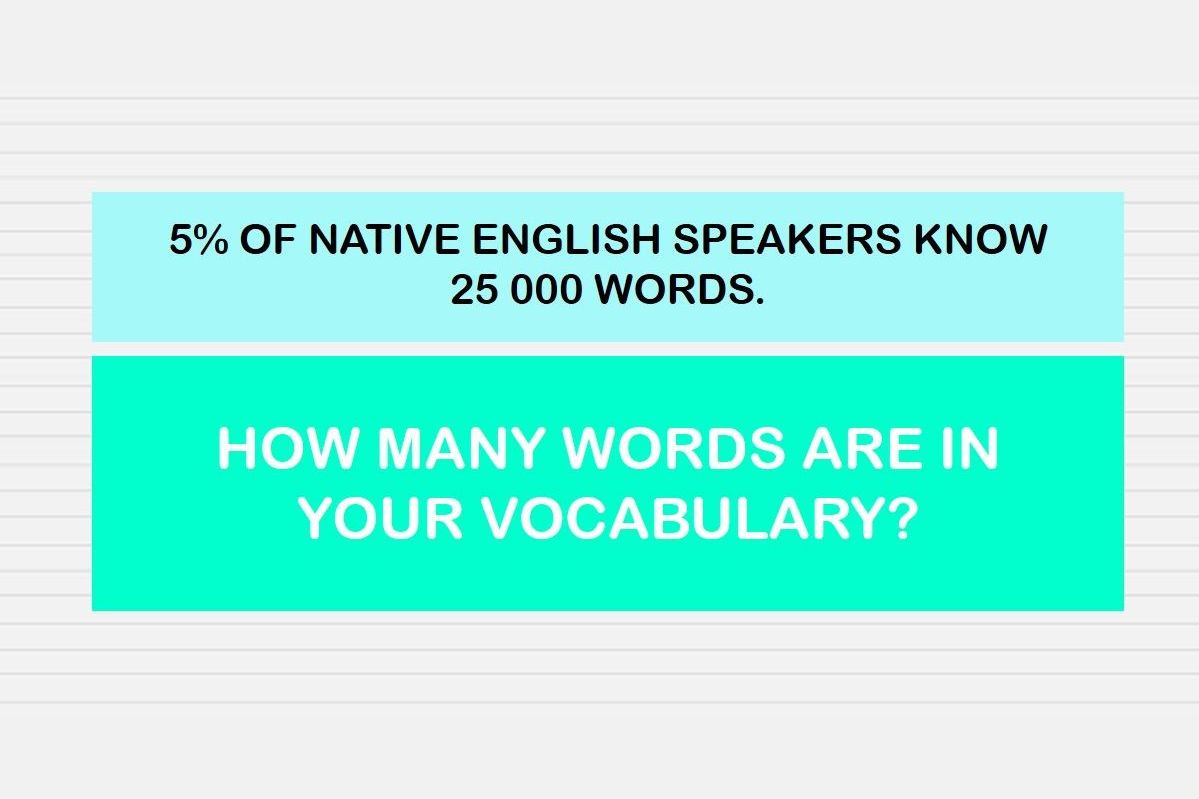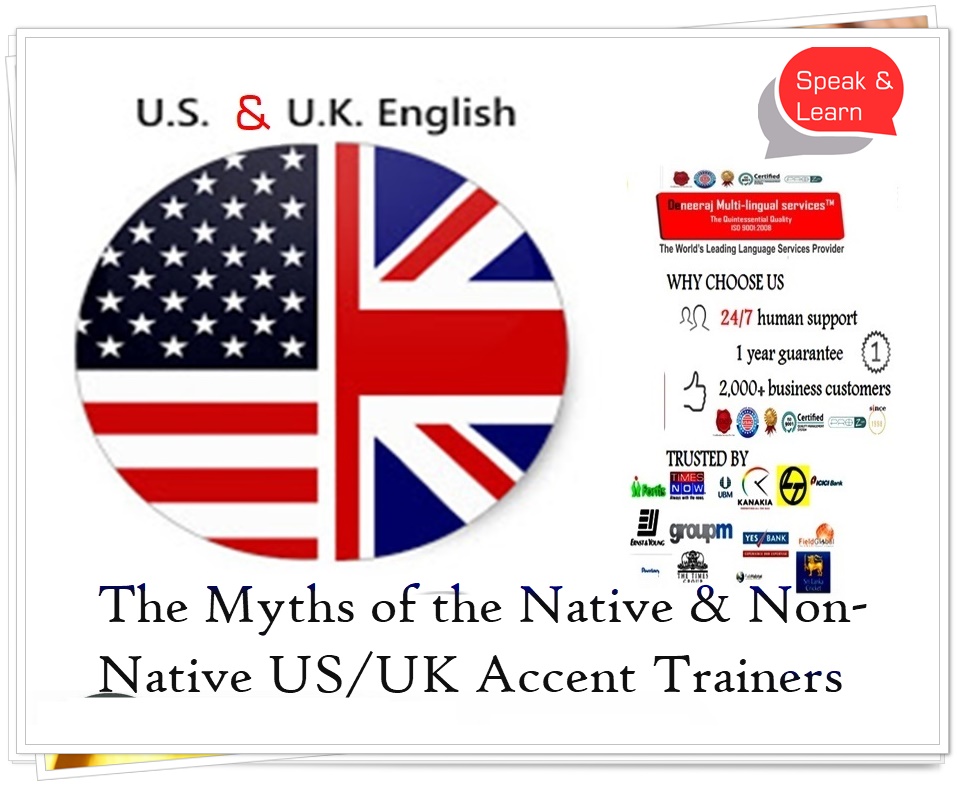
Native American Words Worksheet WordMint
Guava, yuca, tobacco, hammock and caiman ('water spirit') are all Arawaken Indigenous American words. They, too, entered English via Spanish. Zabana became savanna;cayo became cay; hurakánbecame hurricane, and iwana became iguana, all Indigenous American words with roots in Arawaken languages.

Indigenous Meaning That’s Being Local Or Native vocabularyflashcards vocabulary learnv
This is the English/Cherokee lexicon or word list. We refrain from the use of the word "dictionary" because it does not provide definitions of words; rather, it provides the translation. This lexicon consists of over 7,000 words and will continue to be extended with more Cherokee word listings. The Cherokee Language Consortium also maintains a.

English words Native & Non Native in 2021 Advanced english, Learn english, English words
In earliest evidence, this word is spelled squuncke.The creature's English name is taken from the one the given it by the Massachusett tribe. Their word, in turn, derived from an Algonquian one whose parts translate as "urinate" and "fox" or "fox-like animal." (Algonquian is a family of Native American languages spoken by peoples from Labrador to Carolina and westward into the Great Plains.)

Writing 10 Words That Even Native English Speakers Get WRONG Lahjaty
Native American Words Each vocabulary page includes twenty basic words for each language, compared to the same words in related Amerindian languages. Hopefully that will be enough to give you a sense of how similar or different these languages are, and also the chance to learn a few Native American words in a language of your choosing..

Learn 200 Advanced ENGLISH WORDS To Sound Like A Native English Speaker (meanings and phrases
www.myvocabulary.com offers more than 466 word lists. To see more Native Americans, First Nations and Geronimo word lists, please go to the home page for word games, interactive word puzzles and themed content. A Plains Indians tribes word list: Arapaho, Assiniboine, Blackfoot, Cheyenne, Comanche, Crow, Dakota Sioux, Gros Ventre, Hidatsa,

Pin by Hajnalka on Angol English idioms, Idioms, English phrases
Since Native Americans and First Nations peoples speaking a language of the Algonquian group were generally the first to meet English explorers and settlers along the Eastern Seaboard, many words from these languages made their way into English.. In addition, many place names in North America are of Algonquian origin, for example: Mississippi (cf. Miami-Illinois: mihsisiipiiwi and Ojibwe.

Pin on My heritage Cherokee, Choctaw & Creek
Here are 11 words commonly used in English that were coined by Indigenous groups across the Americas. 1. Opossum. A possum and babies. / Kathleen Reeder Wildlife Photography, Moment Collection.

Sound like an english native speaker English conversation learning, English vocabulary words
Choosing many native English words and few borrowed ones can give a speech a sense of strength, solidity, and general group solidarity. Consider Winston Churchill's exhortation to the British to fight on to victory, during World War II. The words in blue are borrowed words. All of the other words are native.

Words of native Origin and Borrowings Causes
Although many Native languages have gone extinct, there are still 150 languages spoken today. When more settlers came to North America, French and English speakers began synthesizing words from Native American languages into their own. There are many words used today that owe their creation to the beautiful mixture of language.

Only 5 Of Native English Speakers Have This Size Vocabulary!
20 Native American "loan" words: English words borrowed from Native American languages. Anorak: Anorak comes from the Inupiat word, annoraaq. It didn't actually appear in the English language until the 1920s. Literally translated, annoraaq means "a beaded garment worn by women.". Now, we view anoraks more like coats to be worn when.

Voice & Accent Online Training India I eLearning US/UK Courses in India
Native American words borrowed into English. A great many place names in the US and Canada derive from Indigenous words. In addition to that, many commonly used English words originated in Native American languages. Here are some examples of everyday terms with Indigenous roots.

Pin on Learn English
A surprising number of words in our English vocabulary can be traced back to the indigenous tribes of the Americas. These are the inhabitants of North and South America before the arrival of Christopher Columbus.. Close to 85% of all English words are originally derived from just three other language sources.

Pin by Chân Nguyễn on English by Pictures English learning spoken, Teaching english language
Native American Words in English English is a mishmash of words from all over the world with plenty of regional variations. American English is, of course, no different and you'll find an endless array of Native American words peppered throughout people's speech in everything from place names to indigenous foods and animals.

It is a very ________ race. I do not know who will win. 1. close 2. tight 3. both EnglishIdiom
Hawaii is likely from the Native Hawaiian word Hawai'i (from Proto-Polynesian hawaiki, meaning "place of the gods").; Kansas derives from Kansa, which refers to the Kansa tribe.The name means "south" and is a shortened form of the tribe's full name, People of the South Wind. Kentucky is a variant of Kentake, which is believed to derive from Iroquoian words for "meadow" or.

1000 Vocabulary Words With Meaning And Sentence Pdf 93 nanvala
This brought many new Native Indian words into the English language. Some of the most popular words with Native American origins are listed below. - Powwow: Powwow is often used to denote a meeting or conference. This world originally comes from the Algonquian language. In Algonquian, the word is used to refer to a ceremony where the members.

Did you really understand? What native English speakers say vs what they mean English with Leandra
A common British slang term meaning "crazy". It is used to refer to people's mental states but, like crazy, can also be used to describe things that are extremely impressive, incredible, risky, or tragic. Therefore, it can be used in both positive and negative contexts. If you want to impress the native speakers with your knowledge you.